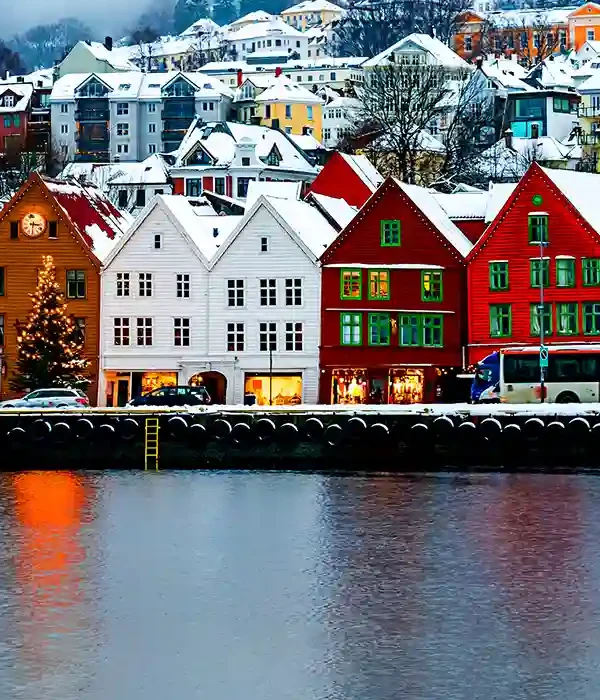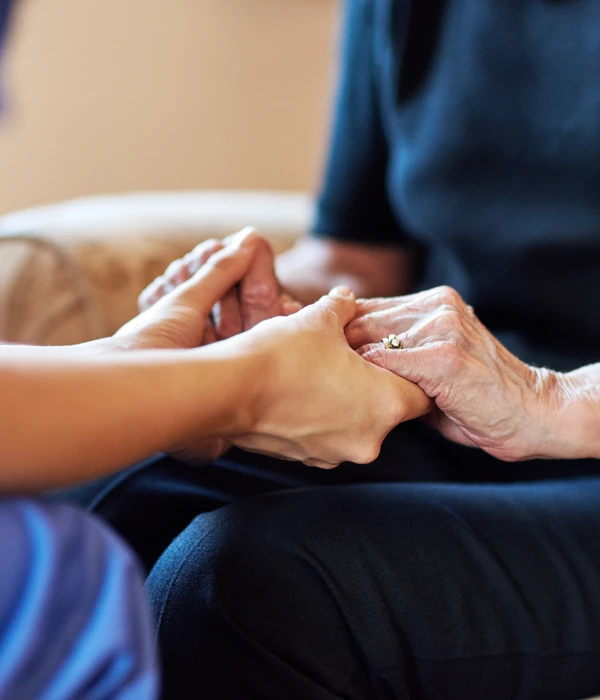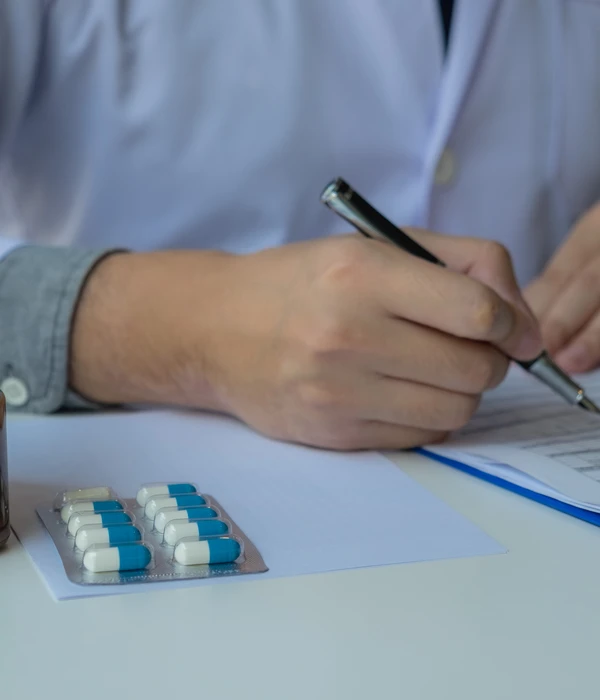Alcohol Rehab Aberdeen
March 26, 2025
At Sierra Recovery, we understand that recovery is a journey anyone can achieve. Nestled in a tranquil, mountainous region of Malaga embraced by nature and horses, our luxurious yet rustic alcoh...
If you’re wondering how much rehab costs in Norway, then the answer is that it’s a broad range. Your total cost depends not just on whether you choose public or private care, but also on the type of treatment you need.


Private rehab programmes in Norway typically range from €3,000 to €17,500 per week. High-end residential treatment centres sit at the upper end of this scale, offering luxury amenities and intensive, individualised care. More modest facilities may start closer to €3,000 a week.
Outpatient treatment programmes, which allow you to live at home while receiving care, are usually more affordable. However, because they often require multiple sessions per week, costs can still add up quickly.
If you’re comparing options, look for rehab centers in Norway that clearly list their prices and services online. Transparent pricing makes it easier to evaluate what fits your budget and needs.
Public rehab centres are mostly funded by the Norwegian government or local municipalities. If you qualify, public programmes are usually low cost or even free because they’re part of the national healthcare system.
The downside? Due to high demand, admission wait times can be long. But for many, this is the most financially accessible path to care.
Private rehab clinics offer quicker access, more privacy, and often a wider range of services, including specialised therapies like dual diagnosis care or cognitive behavioural therapy (CBT). These centres cater to both Norwegian residents and international clients, although the price tag can be steep.


The length of your stay also has a major effect on overall rehab costs. Most inpatient rehab programmes last between 28 days and 12 weeks. To get a rough idea of your total, multiply the weekly price by the number of weeks.
Shorter stays may suit those with mild addiction, while long-term programmes provide more structured support for those with severe or long-standing substance use disorders. Outpatient programmes often run for several months, with lower weekly costs but longer timelines.
Remember, medically supervised detox, especially for alcohol or drug withdrawal symptoms, can add significantly to your bill, especially if 24/7 care is needed.
Clinics usually give you a cost breakdown before you start, so you can plan ahead or look into financing options.
The treatment plan you pick will directly impact the cost. Inpatient programmes, with 24/7 care, are pricier because they include accommodation and more staff. Private inpatient care can get especially expensive.
Non-residential care lets you live at home and just come in for scheduled sessions. It’s cheaper, but not everyone is suited for it, especially if your addiction is severe or complicated.
Detox services, especially if medically supervised, also bump up the price. Facilities that offer more personalised or evidence-based therapies may charge more, reflecting the advanced approaches and longer care periods.

There are ways to manage the costs for rehab. What’s available to you depends on your residency, your job situation, and the kind of support you’re looking for.



Once you finish alcohol or drug addiction treatment, you’ll probably need ongoing support to stay on track. Aftercare services could include therapy sessions, group counselling, or relapse prevention programmes. These are usually weekly or monthly and aren’t part of the original rehab cost.
Private aftercare therapy typically costs between 500 and 1,500 NOK per session. Support groups and community resources are often free, but you might pay for more structured follow-up, life coaching, or online counselling.
Some treatment centres bundle aftercare into their packages, while others bill it separately, so don’t forget to ask, since it can affect the total price.
If your chosen rehab isn’t nearby, travel can become a significant expense. You might need to budget for flights, train rides, or long taxi journeys. Accommodation before or after your stay might also be needed, especially if you’re waiting to get in or have family along.
Typical costs could look like this:
Return flight within Norway: 1,000–3,000 NOK
Train or bus fare: 200–800 NOK
Hotel accommodation: from 900 NOK per night
Coming from rural areas or even another country? Those costs can go up. Some centres help with transport or offer deals with local hotels, so it’s worth asking about arrangements when you’re planning.
While Norway offers well-developed addiction treatment services, Spain provides a more uplifting, holistic approach that supports long-term recovery. For those seeking meaningful change in an emotionally enriching environment, here’s why Spain may be the better choice.
Rehab in Spain isn’t just about treatment but also about lasting transformation. Being far from the familiar routines and cultural dynamics of Norway allows you to reflect deeply, rediscover your values, and rebuild your life with clarity and purpose.
Private rehab in Norway can be costly and subject to long waitlists, particularly when outside the public health system. Spain offers high-quality, internationally accredited private treatment options at more affordable rates, making extended or more intensive care attainable for many.
Rehab facilities in Spain operate under strict European Union healthcare regulations and frequently pursue additional international certifications. Treatment is grounded in evidence-based practice, but delivered with a compassionate, personalised touch.
Although mental health awareness is widespread in Norway, stigma around addiction can still exist, particularly in close-knit communities or professional circles. Attending rehab in Spain provides distance, discretion, and emotional freedom from judgment and familiar stressors.
Norway’s location and Schengen regulations can limit travel flexibility, particularly for non-European residents. Spain, with its several international airports and visa-accessible policies, is easier to reach from a wider range of countries. The travel experience is often simpler and more convenient.
Norway’s natural beauty may be stunning, but it is often limited by weather or accessibility. Spain offers year-round opportunities to connect with nature through hiking, beach walks, equine therapy, and open-air meditation, promoting physical and emotional renewal.
If the high cost or long wait times feel like barriers to getting help, consider Sierra Recovery. We’re an affordable, high-quality rehab center located in Málaga, Spain, providing personalised care at a fraction of the cost of private rehab clinics.
Our expert team supports clients from across Europe and the world with a warm, empathetic approach. Reach out to us today to explore your options. We’re always here to help you start your recovery journey.
A typical rehab centre in Norway usually covers medically supervised detox and therapy sessions. You’ll also get accommodation and meals as part of the deal. Aftercare planning is generally included, though the specifics can differ quite a bit from place to place.
At Sierra Recovery, we understand that recovery is a journey anyone can achieve. Nestled in a tranquil, mountainous region of Malaga embraced by nature and horses, our luxurious yet rustic alcoh...
Basingstoke is a market town that expanded in the 1960s due to an agreement between the London and Hampshire city councils. Before the Second World War, Basingstoke's population was around 13,00...
Bedford in the county of Bedfordshire may be a beautiful town. However, just like any other place in the world, it also faces the same problem with alcohol abuse and addiction. If you reside aro...
Addiction is an issue that any city around the globe is experiencing. The same goes for the alcohol problem in Belfast. If you or your loved one is facing problems with alcohol abuse in Belfast,...
In the county of Berkshire, the effects of alcoholism are wide-ranging. One's harmful drinking not only affects the individuals themselves but their families and communities as well. If you are ...
Bolton is a town located in Greater Manchester. It used to be a mill town but has become a centre for textile production. It became a boomtown thanks to textile production during the Industrial ...
Brighton is seeing problems with alcohol misuse among its residents. While occasional drinking during celebrations is not harmful, some consume alcohol way beyond the recommended limit –especial...
Buckinghamshire is a ceremonial county in South East England and is one of the home counties. The largest settlement in the county is Milton Keynes, and the 2021 census puts the county's populat...